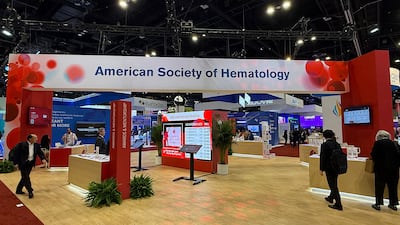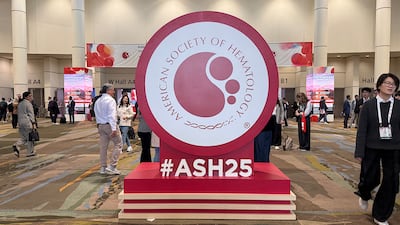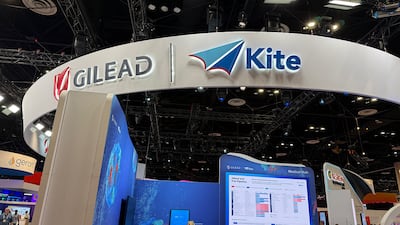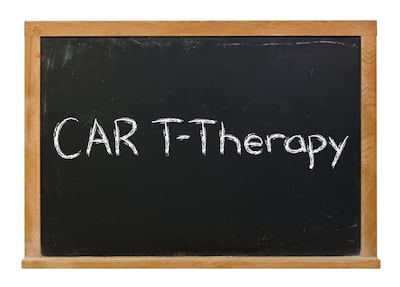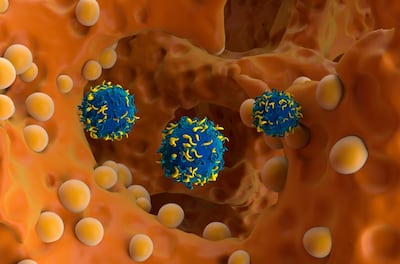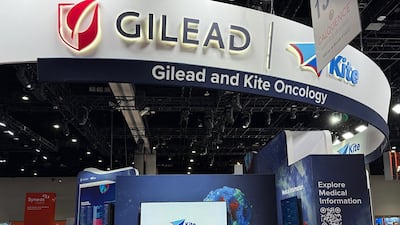CAR-T
Patrick Soon-Shiong said that lymphodepletion may end up being proven unnecessary, especially with some of the newer cell therapy approaches.
Industry warns healthcare infrastructure – not manufacturing – may be the real bottleneck as cell therapies eye mass-market diseases.
Next-gen CAR-T therapies showcased at the American Society of Hematology's annual meeting promise improved efficacy and safety, with Novartis, Gilead, and Kelonia advancing pivotal trials and exploring in vivo approaches.
The company presented data on four patients as a late-breaking abstract at the American Society of Hematology meeting.
The company presented positive efficacy and safety data from its registrational Phase II iMMagine-1 trial at the 2025 ASH meeting.
With Gilead reporting that both of its approved CAR-Ts saw sales declines as other products saw growth, a mixture of different competitive headwinds seems to be behind the disparities.
The biotech will present data at the upcoming ASH meeting on three patients who achieved PRs or VGPRs with minimal residual disease negativity and no cases of neurotoxicity.
In this episode of the In Vivo podcast, Lupus Therapeutics' Stacie Bell discusses transforming lupus drug development through patient-centered clinical trials, promising new oral therapies and revolutionary cell therapy approaches.
The drugmaker is joining the rush to acquire an in vivo CAR-T therapy developer as concerns mount about whether the health care system can accommodate cell therapies’ dramatic growth.
The CAR-T specialist is spending $350m to acquire the private Philadelphia-based firm, which is developing in vivo CAR-Ts using lentiviral vectors.
The quarter saw strong growth overall, but the company now expects sales of Yescarta and Tecartus to fall for the full year 2025 versus 2024 thanks to competition.
Aurigene Oncology CEO talks in this audio interview about the tough biotech funding environment, pipeline assets including a CAR-T therapy in Phase II, "hybrid" manufacturing, outcome-based reimbursement and the promise of bispecifics and multispecifics, including Akeso's PD-1/VEGF bispecific.


